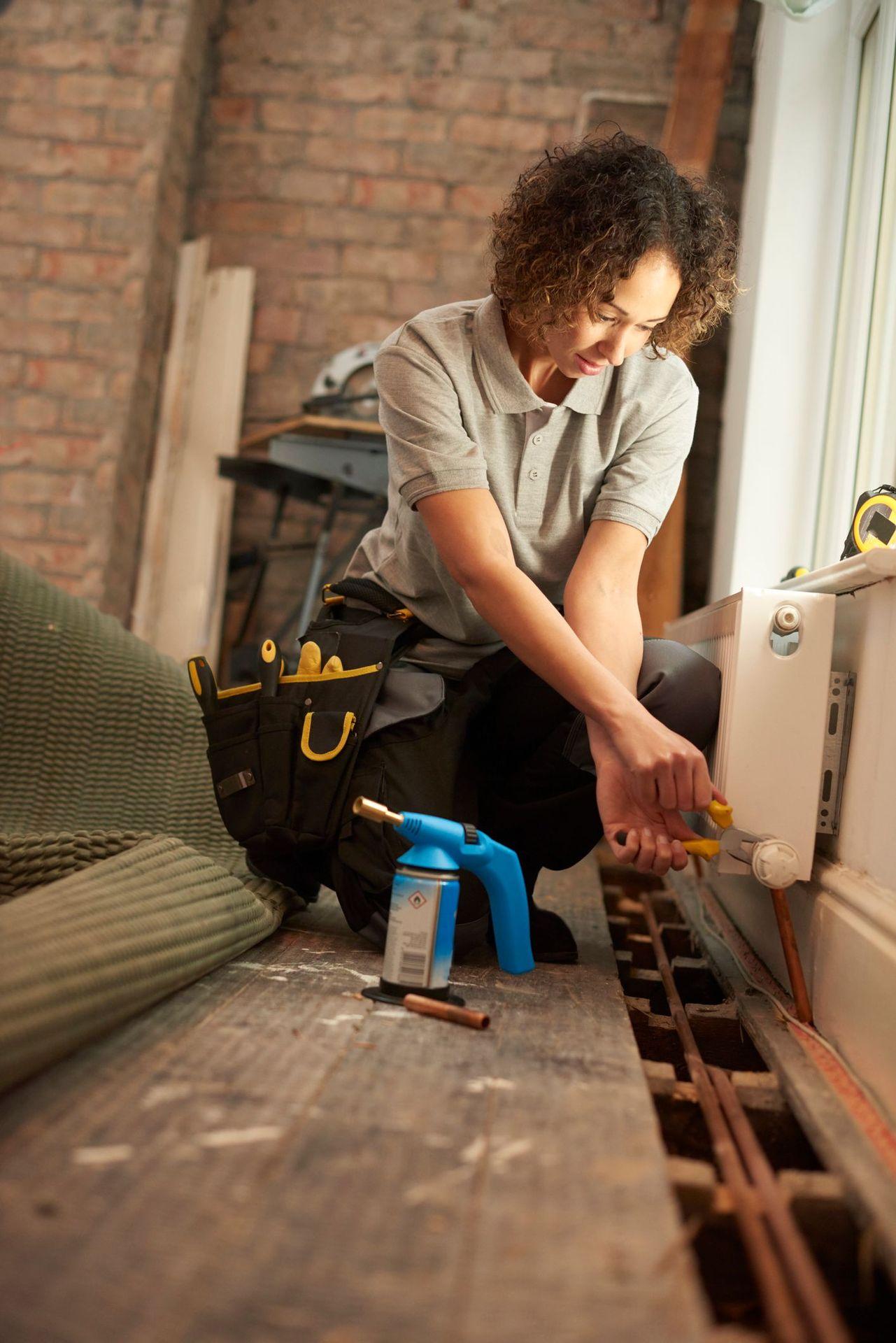
Clearing the Air: What’s Really Happening with the Boiler Upgrade Scheme (BUS)
Changes to the BUS in November 2025, don't panic
Clearing the air: What’s really happening with the Boiler Upgrade Scheme (BUS)
There’s been a lot of talk in the heating industry about the Boiler Upgrade Scheme (BUS), with rumours swirling that heat pump grants are being slashed or reserved only for the lowest-income households. We want to just pause a moment to separate fact from speculation and share some encouraging news. Far from being wound down, the BUS is being reformed and strengthened, with major changes designed to increase access, boost uptake and make the transition to low-carbon heating available for more people.
Why the rumours might be misleading
Some of the noise comes from reports and speculation about budget cuts. But credible sources, including government consultation documents, show a different picture. In fact, many of the proposed changes would broaden the criteria of who can access the scheme, what systems are eligible and how the grant is applied, all with strong consumer protections in place.
What the proposed BUS reforms really are
Here’s what the current (proposed or confirmed) changes to the BUS actually involve and why they’re positive.
1. Expanded eligibility: More systems, more homes
One of the most exciting shifts is that the BUS could soon support more types of heating technologies. Air-to-air heat pumps (AAHPs), long omitted from the BUS, can now be included, with grants of around £2,500, GOV.UK.
Heat batteries, the scheme is being extended to potentially include these, with the same ~£2,500 grant proposed. Heat batteries store heat for later use, making them a flexible low-carbon option.
Exhaust-air heat pumps, these use the warm air inside your home as a heat source and could also become eligible. You do not need an external unit with these types of heat pump opening up the grant to homes with no external space.
Hybrid systems, there’s discussion about allowing BUS-funded heat pumps to work in combination with other electric heating technologies, giving more flexibility.
These changes represent a meaningful shift, rather than being rigid, the BUS could become more technology-neutral, offering choice depending on what suits your home, aiming to help every UK home.
2. Lowering upfront costs
One of the biggest barriers for many households remains the initial cost of installing a heat pump. The proposed reforms aim to tackle that directly:
- Grant deducted at quote: Installers must now subtract the BUS grant from the upfront quote, meaning the saving is "baked in" from day one.
- Third-party ownership (TPO): A proposal would allow leasing or "hire-purchase" models alongside BUS, enabling payment over time, potentially with more affordable monthly payments (Heat as a Service).
- Consumer protections: TPO providers would need to be FCA-regulated and MCS-certified, with clear contractual protections.
This could be a game-changer for people who want low-carbon heating but don’t have large savings ready.
3. Simpler, faster and more user-friendly
The government is also looking at ways to streamline the BUS process:
- They want to remove or relax some of the more burdensome paperwork, like the requirement to provide a valid Energy Performance Certificate (EPC) from 2026/27 onwards.
- There’s a strong focus on consumer protection, including requiring MCS certification for installers, and clearer, simpler processes overall.
- The consultation also proposes making one certification standard mandatory, MCS, to simplify things for consumers and ensure quality.
These changes are more than mere tweaks, reflecting a broader, longer-term commitment to energy transition, as demonstrated by active government consultation and the multi-year Warm Homes Plan. By increasing flexibility in technology, finance and process, the Boiler Upgrade Scheme (BUS) is being strengthened to scale up, not scaled back.
This is good news, even if there’s some uncertainty
Increasing choice by including technologies like AAHPs or heat batteries means more people can benefit from the green heating transition, as not every home is suited to a traditional hydronic heat pump. Lowering the financial risk for homeowners, such as by spreading finance or reducing the upfront burden, helps remove a major blocker to heat pump adoption. Furthermore, a more stable, long-term Boiler Upgrade Scheme (BUS) with clearer rules builds market confidence, which can drive down costs over time through scale and competition. One concern is over 'means testing' being introduced, if this does happen it will probably be phased in rather than immediate. Finally the proposals aim to ensure consumer protection is built in, regardless of whether a consumer buys or leases a system.
A call for calm and engagement
If you’re seeing headlines about cuts, don’t panic. Many of these are rumours or speculative, and they don’t reflect the direction indicated by recent government proposals. In fact, the growing consultation suggests expansion and deepening, not scaling back.
That said, nothing is final yet.
Final thought
Change is coming, but it’s not what some of the worst rumours claim. The BUS is not being quietly dismantled; it’s being retooled for the next phase of the heating revolution. Rather than shutting the door, the government seems to be widening it, making the scheme more inclusive, flexible and future-ready.
If you’ve been thinking about a low-carbon upgrade for your home (or business), now could be a great moment to start exploring. And if you’re worried about how these changes might affect you, or just want to understand your options, Warmur is here to help. Whether it’s guidance on funding, eligible systems or talking to trustworthy installers, we’re committed to helping people turn these opportunities into real, clean-heat solutions.

Let's get startedCreate your Warmur home
Our free to use calculator software can provide you with an optimised and bespoke whole-home electrification plan. It's easy!